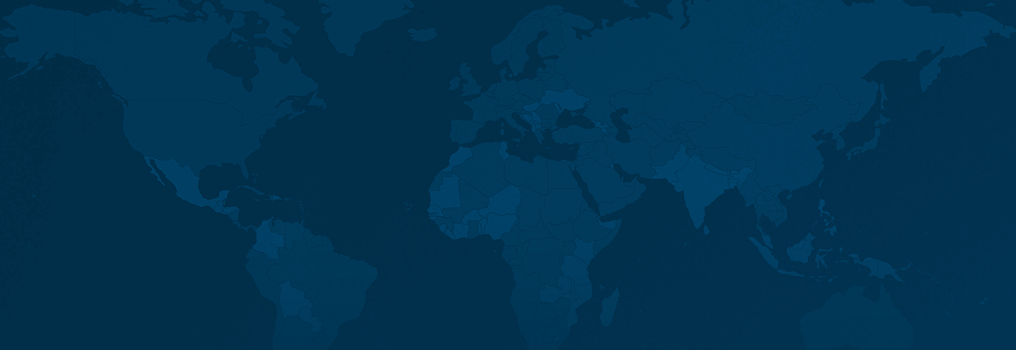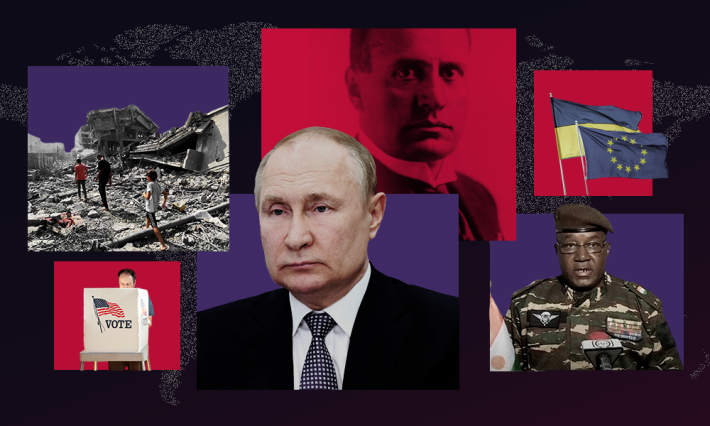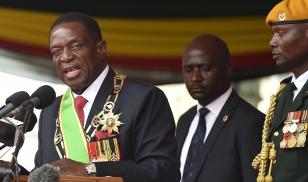


Zimbabwe
President Emmerson Mnangagwa took power in Zimbabwe in 2017 after the military intervened to remove longtime president Robert Mugabe. However, the new administration has largely retained the legal, administrative, and security architecture inherited from the Mugabe regime, and after an initial period of improvement, stepped up repression to consolidate its authority.
Research & Recommendations
Zimbabwe
| PR Political Rights | 10 40 |
| CL Civil Liberties | 17 60 |
Overview
The Zimbabwe African National Union–Patriotic Front (ZANU-PF) has dominated Zimbabwean politics since independence in 1980 by carrying out severe crackdowns on the political opposition, critical media, and all sources of dissent. President Emmerson Mnangagwa took power in 2017 after the military intervened to remove longtime president Robert Mugabe amid factional divisions within the ruling party. Mnangagwa has largely retained the legal, administrative, and security architecture of the Mugabe era, and has consolidated his authority through repression. Endemic corruption, a vast patronage governance system, weak rule of law, and poor protections for workers and land rights remain critical challenges.
Democratic governments and donors must increase and sustain support for those working to defend and promote fundamental freedoms around the world. Failure to do so emboldens autocrats and can result in the loss of hard-won progress.
The events of the past year in places such as Nagorno-Karabakh and the Gaza Strip provided stark evidence that populations without self-determination are at greater risk of extreme human rights abuses or atrocities.
At least 40 countries are holding national-level elections in 2024, and many more will conduct other types of balloting. Free and fair elections are a cornerstone of any democracy, and independent and transparent electoral processes are necessary to foster genuine competition and public trust.
Zimbabwe
| A Obstacles to Access | 10 25 |
| B Limits on Content | 23 35 |
| C Violations of User Rights | 18 40 |
Overview
Several internet freedom issues in Zimbabwe remained of concern this year despite some improvements in electricity access. Ongoing hyperinflation reduced many Zimbabweans’ ability to pay for internet access. As the country prepared for elections that were held after the coverage period, in August 2023, the online space became fertile ground for state-sponsored disinformation. Both journalists and ordinary users continued to face arrests, threats, and harassment for their online activities, particularly when they criticized President Emmerson Mnangagwa’s government.
Freedom of expression online is increasingly under attack as governments continue to restrict connectivity and block social media platforms and websites that host political, social, and religious speech. Protecting freedom of expression will require strong legal and regulatory safeguards.
Even before the new wave of generative artificial intelligence (AI) products, AI was a key factor in the crisis of information integrity, serving as an intensifier in environments that were already vulnerable to manipulation. However, advancements in generative AI will supercharge the creation and dissemination of false and misleading content.
Governments worldwide have passed increasingly disproportionate surveillance laws, and can access a booming commercial market for surveillance tools, giving them the capacity to flout the rule of law and monitor the private communications of individuals inside and beyond their borders.


